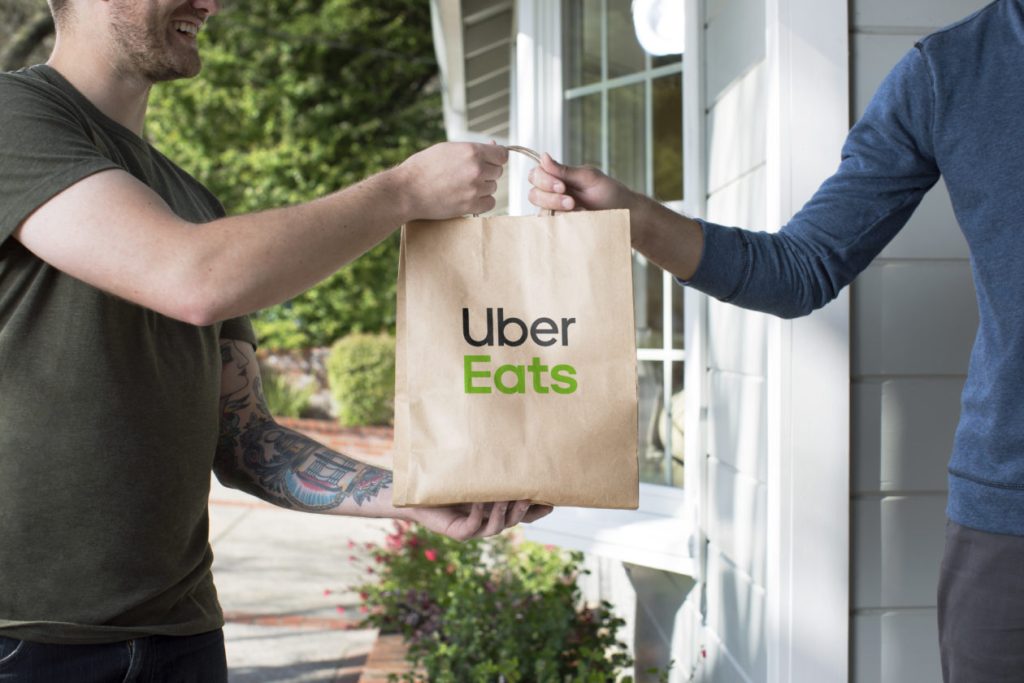A federal judge denied Uber’s motion to block a new Seattle law that establishes labor standards for the driver deactivation process. The ruling, issued by U.S. District Judge Marsha Pechman, rejected Uber’s arguments that the ordinance violated its First Amendment rights and was unclear. The App-Based Worker Deactivation Rights Ordinance is set to take effect on January 1, aiming to provide more job security for app-based couriers, delivery drivers, and service providers.
Uber filed a lawsuit claiming that the requirements of the ordinance would force the company to communicate policies that contradict its operational priorities and expressed concerns about compliance challenges. Instacart also joined the lawsuit in opposition to the law. However, Judge Pechman dismissed these arguments, stating that the ordinance regulates business conduct rather than speech, and that the language of the law was clear and not burdensome. She found that the law seeks to protect app workers from unwarranted deactivations and does not impose unlawful burdens on companies like Uber.
Uber expressed disappointment with the ruling, citing constitutional concerns with the ordinance. The company is evaluating its legal options and remains committed to working with stakeholders towards a resolution that benefits couriers, consumers, and merchants. Instacart also criticized the ordinance, calling it dangerous and unconstitutional, and stating its intention to continue raising concerns in the ongoing legal battle.
The Seattle City Council passed the ordinance in August 2023 to provide more job security to gig workers. The law requires companies to give workers a 14-day notice of deactivation, base deactivations on reasonable policies, ensure human review of all deactivations, and provide workers with records explaining the decision. The legislation was supported by gig worker advocacy groups who believe it will protect workers from unfair deactivations and abuse of power by companies.
The ordinance applies to gig workers who deliver food, shop for groceries, and complete other tasks through on-demand apps. It does not cover drivers who transport passengers, as they are regulated by Washington state law. The law was seen as a significant step in regulating deactivations and providing more job security for app-based workers. Companies like Instacart, Uber, and DoorDash have been involved in legal battles with Seattle lawmakers over other labor laws, such as a minimum wage law for food delivery drivers earlier in the year.
The ruling by Judge Pechman paves the way for the App-Based Worker Deactivation Rights Ordinance to be implemented on schedule, providing a framework for companies to follow when deactivating workers. The decision was seen as a win for gig workers who rely on app-based platforms for income and job security, ensuring that they are not unfairly deactivated without proper notice or justification. The legal battle between Uber, Instacart, and Seattle lawmakers highlights the ongoing tensions between gig companies and regulatory authorities over labor standards and worker protections in the gig economy.















